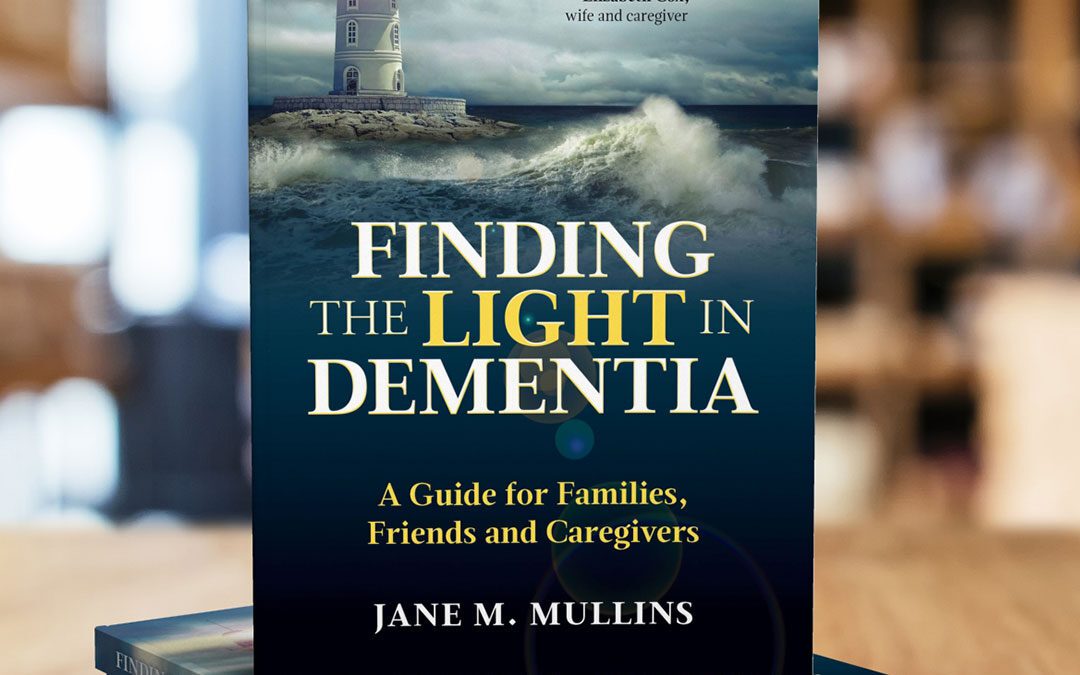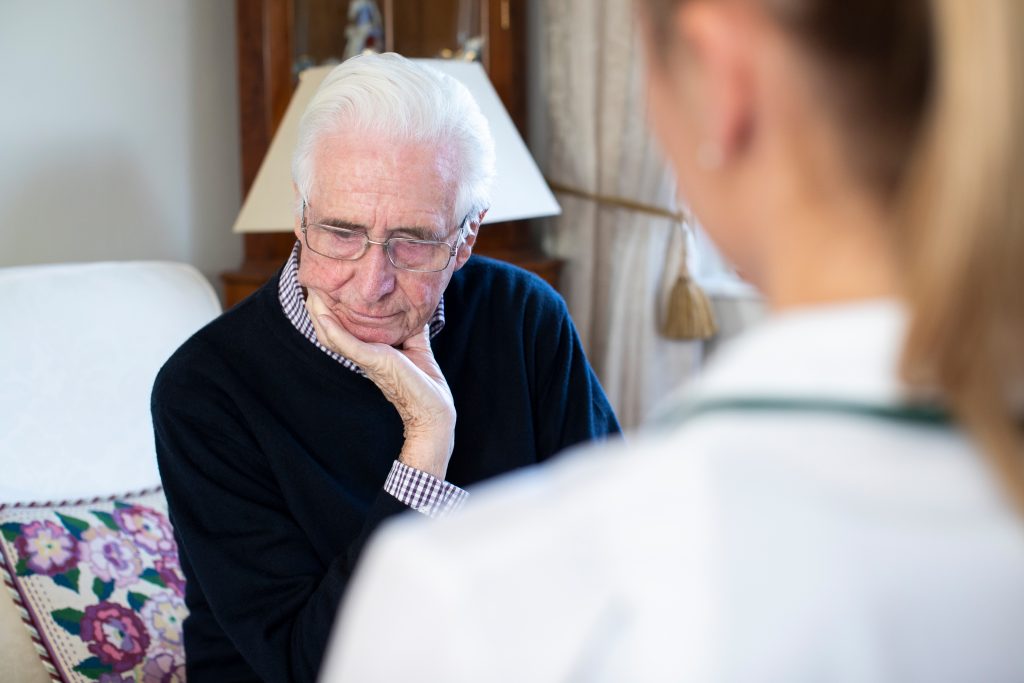Speech, Language, Communication and Connections.
My background begins with connections. I trained as a nurse in the 1980s and spent much of that time caring with people who struggled to communicate due to stroke, dementia or other brain related conditions. For some reason, I was really drawn to these people as I felt they were often neglected and really needed to have their voice heard.
I sensed their frustration when other staff didn’t have the time to spend with them and often they didn’t have their needs met, because they couldn’t express themselves, I cannot for a moment imagine how that must feel. In fact, I was often advised not to spend so much time trying to listen to them by the senior nurses.
But deep down, I felt their pain and frustration and knew they had a voice that needed to be heard.
Looking back, I think I always communicated on an empathic and intuitive and some might say, even quantum level.
My Grandfather and Gallipoli
My story begins much earlier, as a very young child who remembers her grandfather; a veteran of the First World War, who served in Gallipoli. On return from the war (and many did not return) and during his adult life, he sang as a bass baritone with the Carl Rosa Opera Company Accounts made by older family members refer to his voice as sublime and that he would charm his audience, with the comic Gilbert and Sullivan arias.
Sadly, later on, my memories of him were of a paralysed man, following a number of strokes. He was unable to speak and was bed bound. I remember feeling his frustration when trying to get his words out: his face would grimace and body would stiffen. He managed to shout out sounds but they were incomprehensible and he would often cry.
But in contrast, sometimes he would settle and his whole being would relax when he sang songs and nursery rhymes to myself and my sisters. Every lyric was audible, every word came out perfectly. And so, I am sure that my memories of him have left me knowing, that, despite the condition
there is always a way to connect with a person who struggles with their communication caused by disease and illness
I feel that this is the case for people living with dementia. Despite the condition, there is always a way to connect with a person who struggles with their communication caused by disease and illness.
Later on, and for the past 30 years, I found myself working with people who have dementia in care homes, memory clinics and hospitals. Throughout my nursing career, I saw that when I was listening to people who had dementia and supporting their families, the same issues cropped up.
I realised that they often didn’t know what their loved ones were experiencing and so it was so difficult for them to know what to do. They often felt scared, frustrated and out of their depth. This made me realise that there must be many caregivers who feel the same and so that’s when I started writing a monthly blog.
The Book’s Beginning
Each month I wrote on a theme that would crop up in work and I soon found that I had written enough that could be put together into a book. These were all based on my practice experience, the stories of other caregivers of what worked for them, and I backed everything up, with up to date research.
I later went on to complete my Ph.D. which explores sensory ways in which we can communicate with people who have dementia and how their partners can reconnect with them. My studies have confirmed to me what I have suspected all along; that the person is still there, we just need to find ways to reach them.
This experience has confirmed my intuition that we can still connect and care by listening to the emotions of a person who may struggle to speak or understand what we say to them. This was my motivation for writing which has now been accompanied by a course for families and caregivers, https://www.findingthelightindementia.com/onlineguide/
a comprehensive training programme for health and social care staff https://www.findingthelightindementia.com/care-staff-course/
and short courses for all https://www.findingthelightindementia.com/short-courses/![]()
All of the courses and training include films, audios, animations and presentations with people living with dementia, caregivers and leading professionals and researchers.![]()


